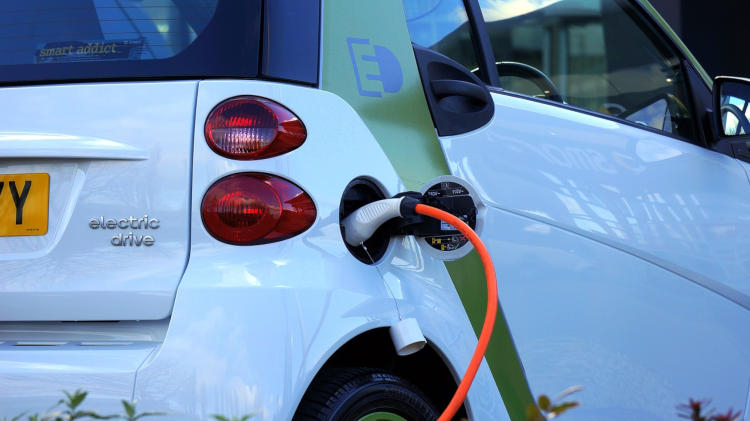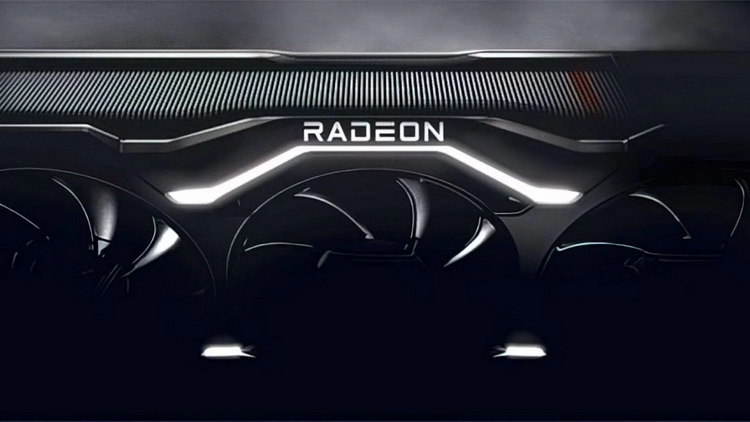
The U.S.President's Administration has released a new set of standards that will make it easier for the country to meet its goal of installing half a million charging stations by 2030.The document includes guidelines for states on contracting to install charging stations - instructing contractors to provide the most user-friendly infrastructure available to a wide range of consumers.It also describes projects that won't qualify for federal subsidies - particularly proprietary stations that only fit cars from one manufacturer.Image source: Mikes Photography / pixabay.comThe White House previously announced its intention to spend $5 billion to create a network of charging stations, the so-called \"alternative fuel corridors,\" on 265,155 miles of the National Highway System, which covers 49 states and the D.C.metropolitan area.States have until Aug.1 to apply for the program, and the Federal Highway Administration will approve those that qualify by Sept.30.At the same time by the end of fiscal 2022, $612 million will be allocated for the program.The issue is relevant to the U.S.: the country has 41 thousand charging stations with 100 thousand charging spots, but the owners of electric cars have to work hard to find a working at the moment or not located in the closed territory.The program will allow the White House to ensure that as the network expands, the problem will become irrelevant.The standards call for stations every 80 kilometers along major federal highways and no further than 1.6 kilometers from them.States will need to ensure that charging infrastructure is built not only in densely populated areas, but also in rural areas and in Indian communities.Station operators will be required to provide customers with up-to-date information and notify them of occupied or faulty locations.A minimum of four 150 kW DC ports must be installed at each site.Participants in the federal program are also prohibited from requiring any subscriptions from drivers for charging access.Of the range of connectors, the most popular with automakers should be installed.Tesla and Rivian, with proprietary standards, are building the infrastructure for their customers themselves, although this practice could also be affected by the authorities in the long run.U.S.Transportation Secretary Pete Buttigieg said the initiative aims to develop a single charging port for electric vehicles and provide facilities with adapters for all makes of cars.


0 Comments